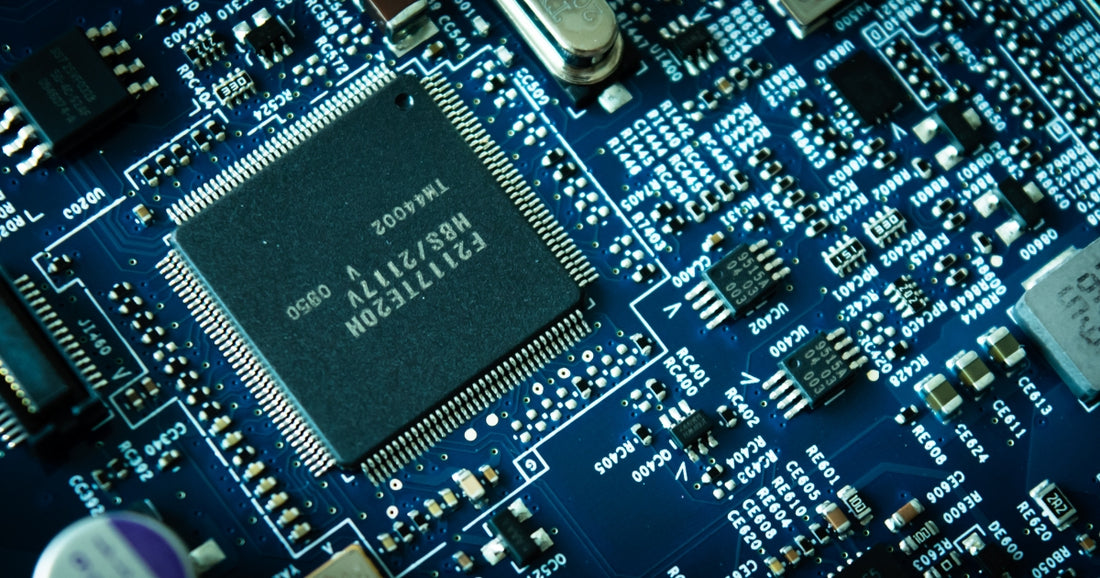A lithium-ion battery's primary composition encompasses two key elements: cells and the Battery Management System (BMS).
Lithium cells, formed by the anode, separator, cathode, and electrolyte, are either rolled or laminated to construct the cells. The BMS, however, serves as the lithium-ion batteries' defense system. The system is crucial for the batteries to function aptly, providing safeguards such as preventing overcharging and discharging, managing overcurrent scenarios, and enabling short circuit protection.
A BMS's principal responsibility is to protect each series of lithium batteries during the charging and discharging cycle. It ensures the voltage difference between individual cells stays within a specified range (commonly ± 20mV). This balance allows the series of cells to charge efficiently. Concurrently, the BMS assesses each battery for potential threats like overvoltage, undervoltage, overcurrent, short circuit, and over-temperature, ensuring longer-lasting batteries and preventing premature damages.
Composed primarily of a protection IC (overvoltage protection) and a MOS tube (over-current protection), the BMS serves as a vital safety component within the lithium battery cell. Given their significant discharge current, low internal resistance, durable life, and the absence of memory effect, lithium batteries find numerous uses. However, to prevent undesired hazards such as fires or explosions, it is pivotal to avoid instances of overcharge, over-discharge, or short circuits. Thus, rechargeable lithium batteries must always operate under the safeguarding of a BMS.
How does a BMS function?
Over-discharge protection: When the battery depletes, the BMS ceases function at the lowest voltage level to prevent over-discharging.
Overcharge protection: During charging, the BMS automatically powers off at the highest voltage value and signals a fully-charged state to prevent overcharging.
Short circuit protection: In the event of a short circuit, the BMS automatically deactivates, momentarily disconnecting the circuitry and preventing undesired outcomes.
Overcurrent protection: If the battery discharges excessively, the BMS automatically powers off at the maximum current value, which varies across products.
In essence, the protection board nestled within a lithium battery pack plays a quintessential role in maintaining functionality and safety. To uphold our commitment to quality, KOK Power deploys top-tier BMS, outfitted with protection board IC and MOSfet from globally reputable brands like TI, IR, and Seiko.

